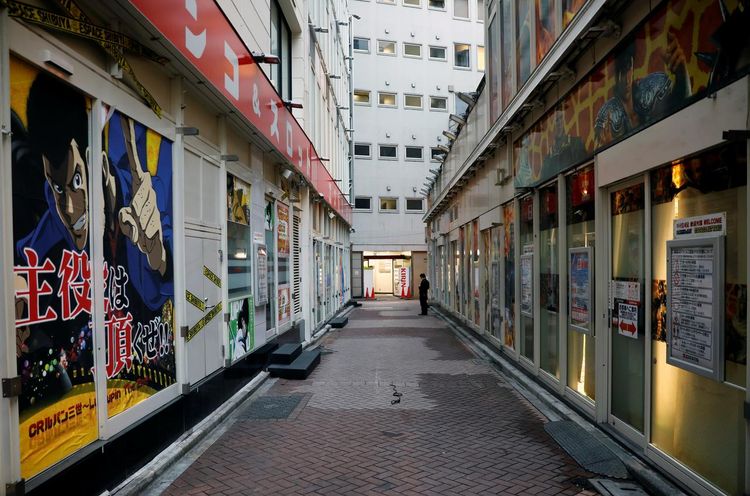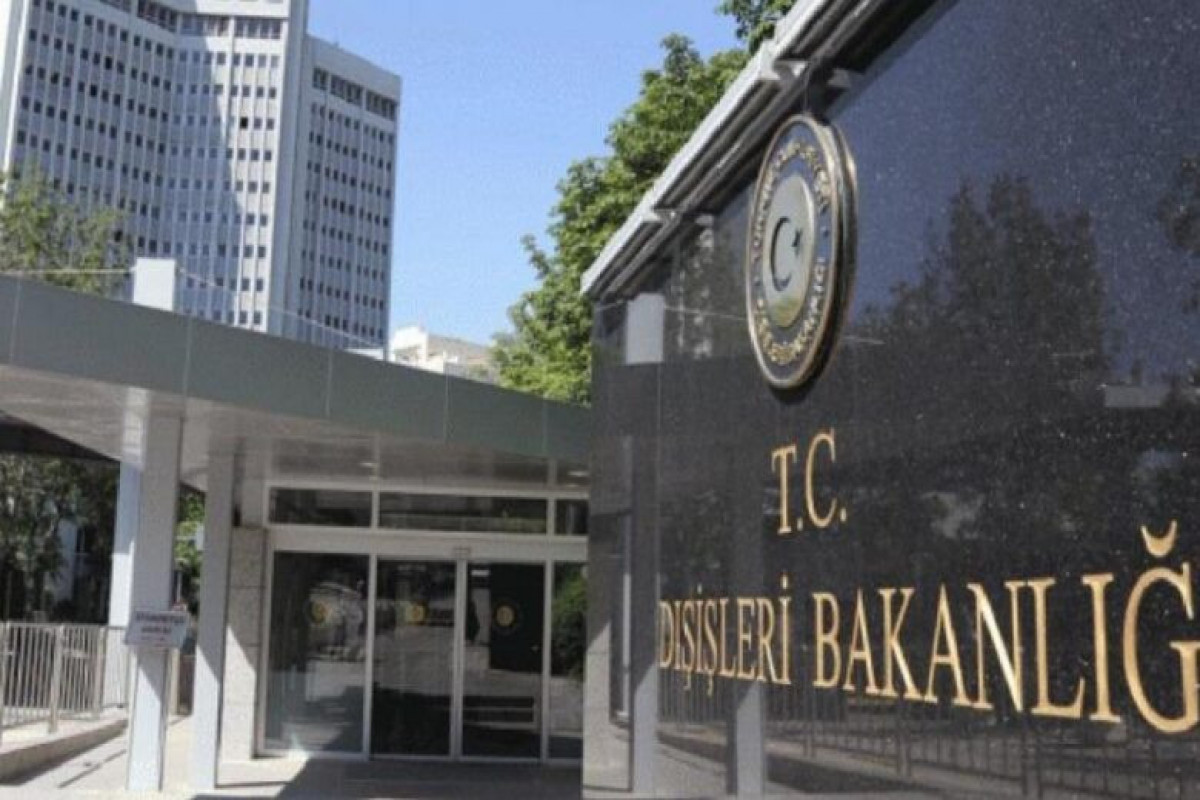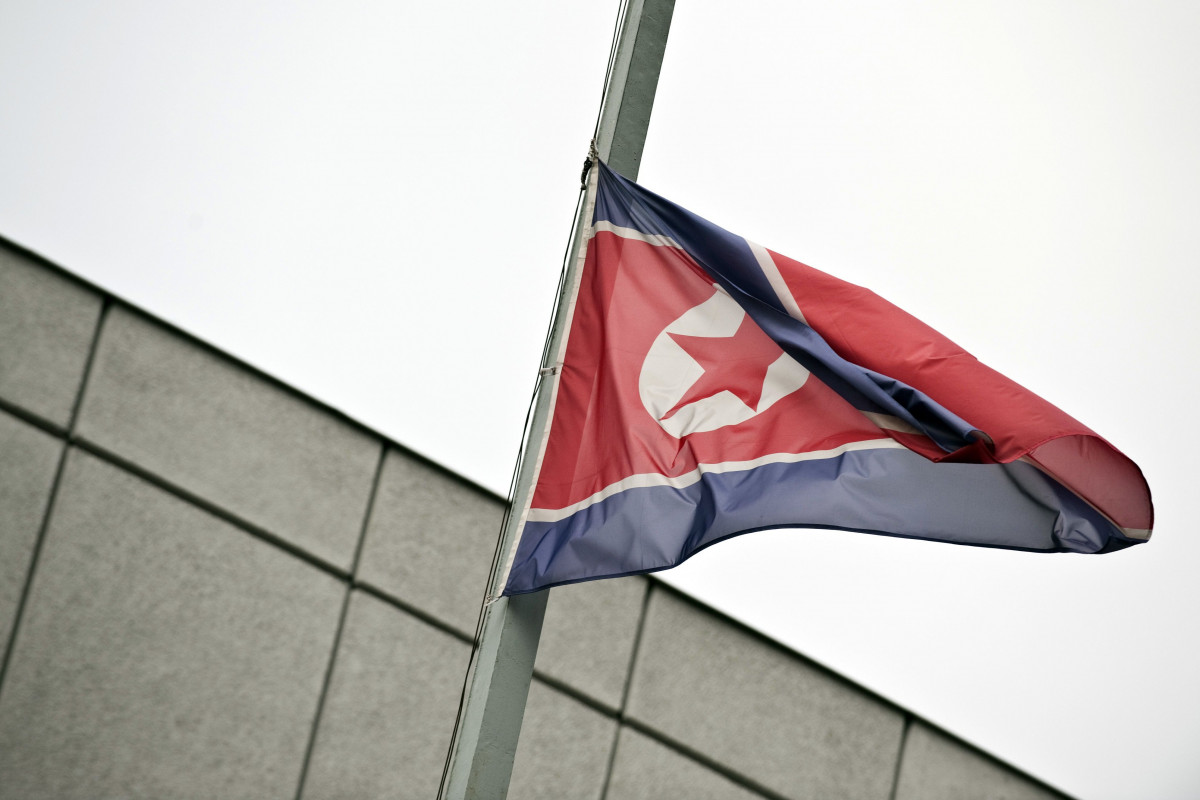Japan will formally decide as early as Monday whether to extend its nationwide state of emergency, experts said current containment policies should be kept in place until the number of new infections fell further, APA reports citing NHK Broadcaster.
The nationwide state of emergency is set to expire on May 6, but Prime Minister Shinzo Abe warned citizens on Thursday to prepare for a “drawn-out battle” against the virus. The government is planning to extend the emergency for about a month, sources have told Reuters.
Some countries are restarting business activity after closures and social distancing measures to contain the spread of the virus, even as Japan has seen far fewer infections and deaths than hot spots in the United States and Europe.
The outbreak and slowdown in business activities is already darkening the outlook for the world’s third-biggest economy, sparking calls for more spending even after parliament approved an extra budget to fund a $1.1 trillion stimulus package.
Consumer prices in the capital Tokyo fell for the first time in three years in April and national factory activity slumped, data showed on Friday, increasing worries the coronavirus outbreak could tip the country back into deflation.
The Japanese government has called for vigilance during the long Golden Week holiday - normally a peak travel period - that runs through May 6, calling on people to stay home and reduce contact with others.
The government will make a formal decision on the state of emergency as soon as Monday after convening a meeting of experts on the virus, NHK said on Friday, without citing sources.
At Friday’s meeting, the experts said it was desirable for Japan to keep its current framework of coronavirus containment policies until the number of new infections fell to a certain unspecified level, Economy Minister Yasutoshi Nishimura told reporters.
The experts also said some regions needed to keep strict restrictions in place while others could start to ease them, Nishimura quoted them as saying.
Abe initially declared the emergency on April 7, for Tokyo and several other prefectures after a jump in infections, and later extended it nationwide.
The emergency gives governors greater power to tell people to stay at home and ask businesses to close, but it does not mandate penalties in most cases for non-compliance, relying instead on social pressure and respect for authority.
Japan has had more than 14,000 confirmed cases of the coronavirus and 436 deaths, according to an NHK tally. Of the confirmed cases, more than 4,000 were in Tokyo, with 46 new ones on Thursday.
Tokyo has seen a decline in daily reported cases since hitting a peak of 201 on April 17, with further falls into double digits this week, but the metropolis’s governor, Yuriko Koike, has warned residents not to be complacent.
There are also worries that Japan’s low testing regime has undercounted many coronavirus cases.







